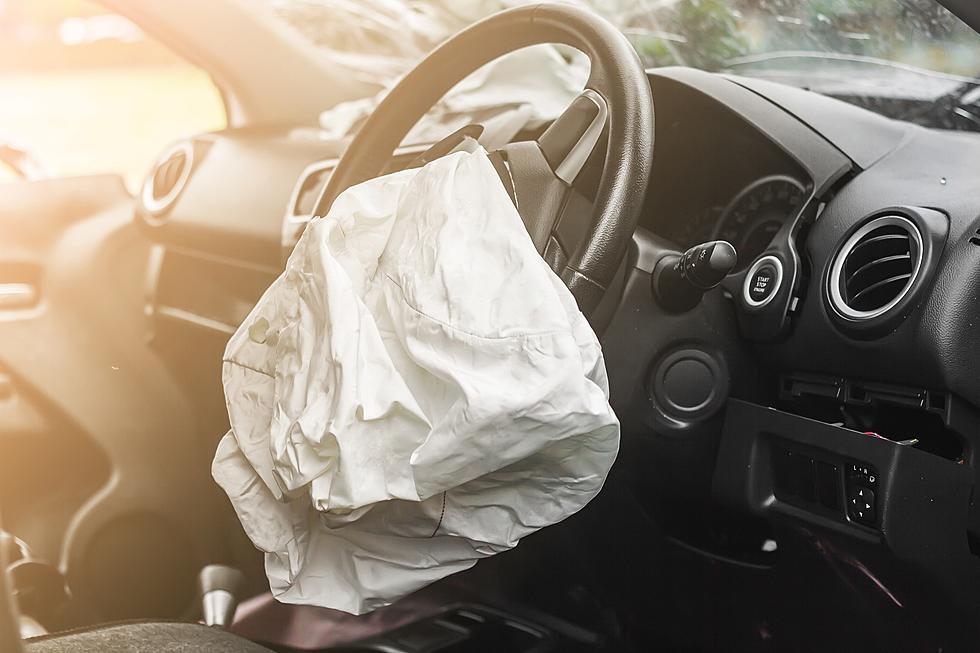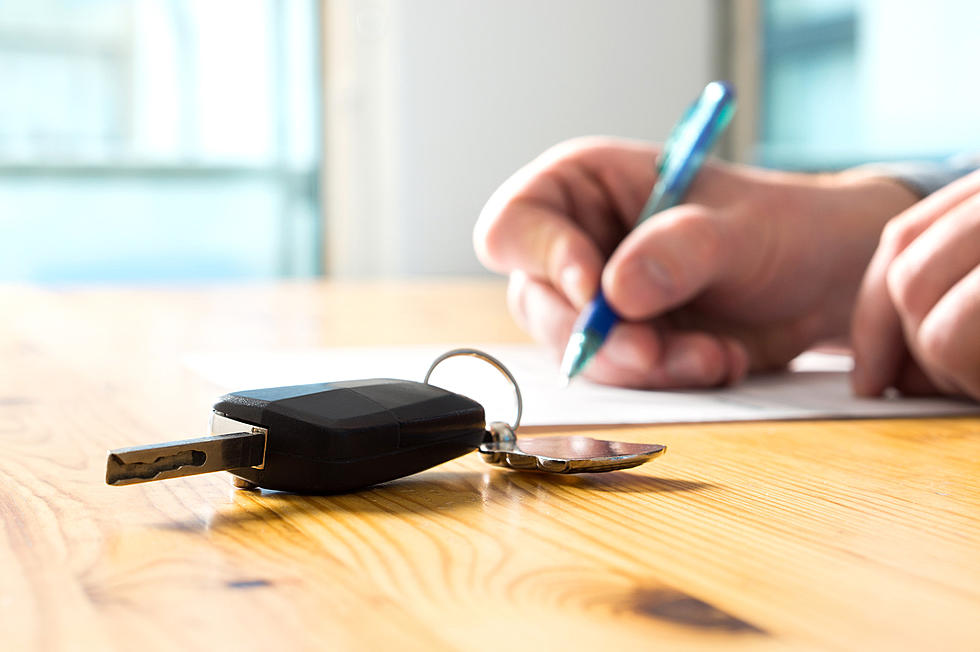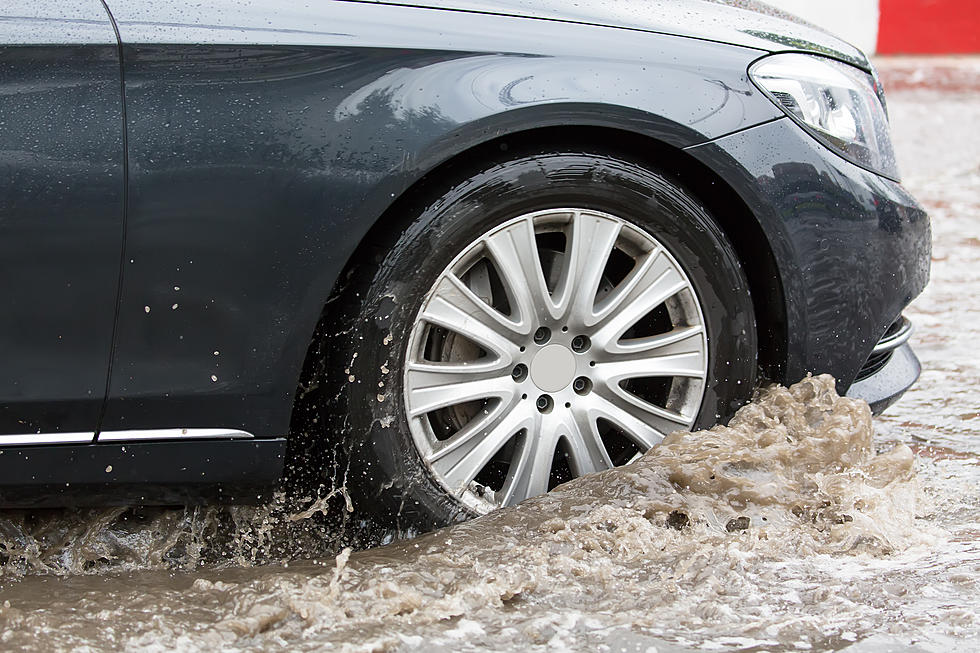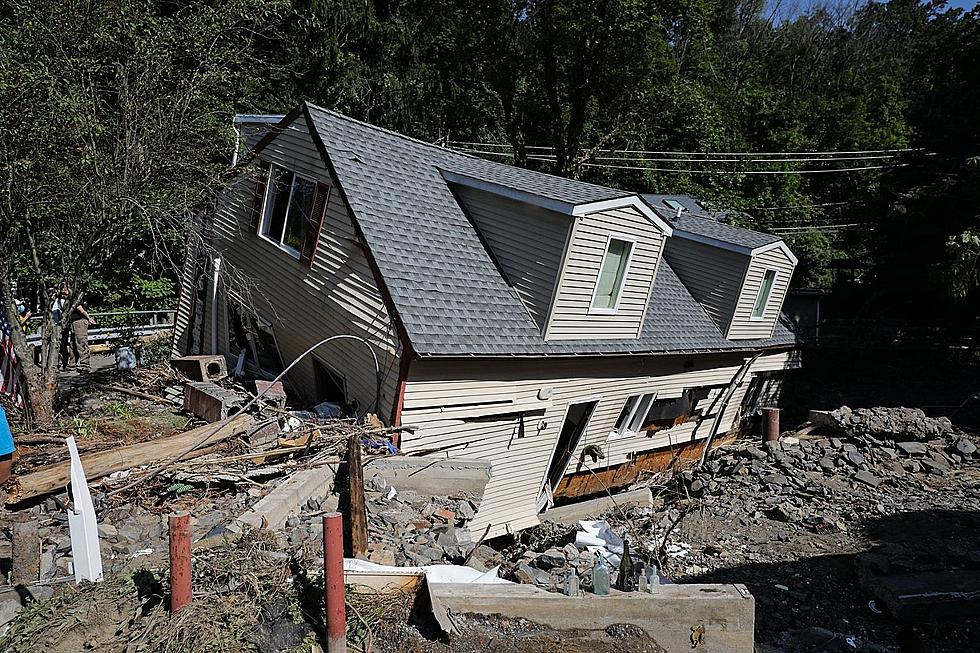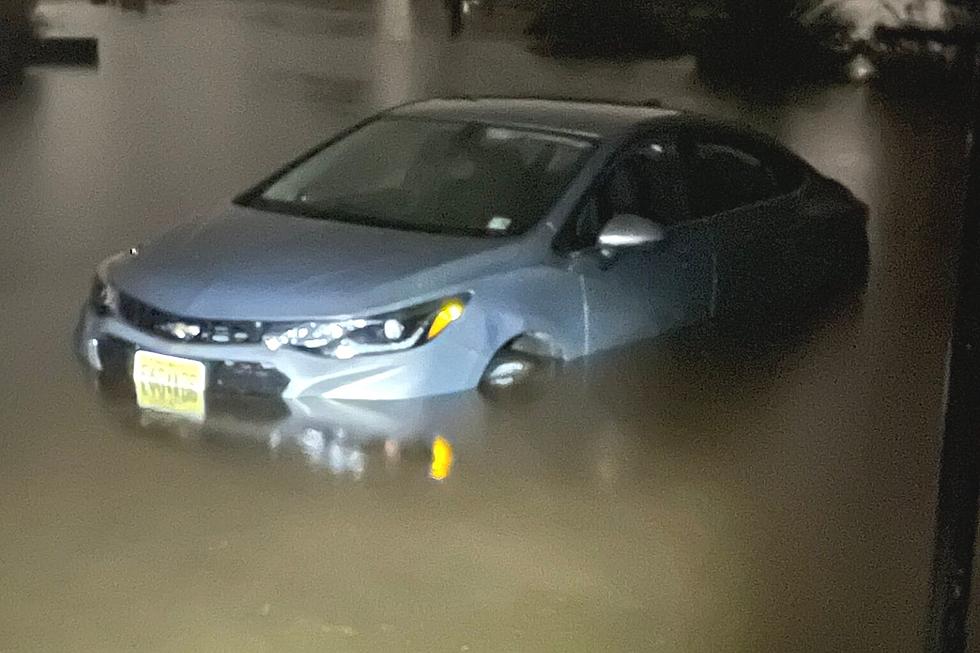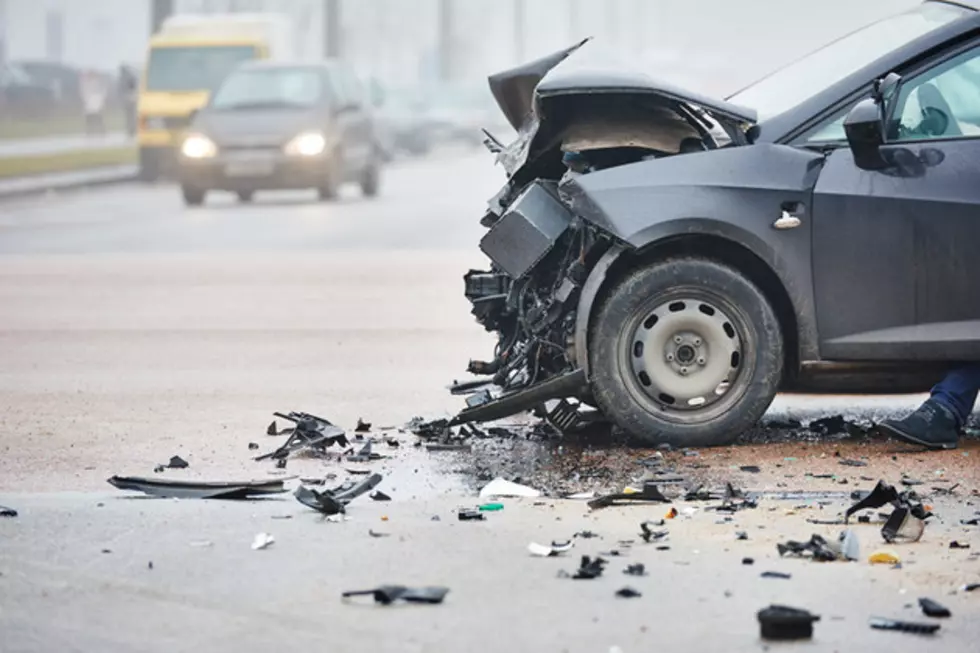
What if you hit an uninsured driver? The odds are slimmer in NJ
Auto insurance coverage is mandatory in nearly every state, but in many spots, the rate of uninsured drivers is higher than 20%.
Rule-breaking related to coverage is apparently not as commonplace in the Garden State. Just 3.1% of New Jersey drivers were uninsured in 2019, according to data released by the Insurance Research Council. That's the lowest rate in the nation, and the lowest rate for New Jersey in decades.
"Uninsured drivers increase the cost of insurance for those who comply with their state's insurance requirements, and that's not fair," said David Corum, IRC vice president. "Keeping auto insurance affordable is more difficult when a significant number of drivers refuse to carry their fair share of the costs."
In more than 30 states, the 2019 uninsured rate was greater than 10%. In six states — Mississippi, Michigan, Tennessee, New Mexico, Washington and Florida — the rate was greater than 20%. Auto insurance is not mandatory in two states: New Hampshire and Virginia.
The uninsured rate in New Jersey has been under 4.5% since 2015, according to the Insurance Council of New Jersey.
"Decreasing that even more to 3.1% is great news for New Jersey's driving public," said Christine O'Brien, council president. "But you still have uninsured drivers out there, causing the rest of us to pay for that person's property damage and potential medical expenses."
O'Brien said New Jersey motorists are benefiting from robust competition within the state's automobile insurance market. More than 75 companies are currently selling automobile insurance in the Garden State.
According to the council, New Jersey consumers today are paying a smaller percentage of their annual income for auto insurance than they were in 2003.
For a first-time violation, those in New Jersey who are found to be driving without insurance face license suspension, community service, and a fine of $300 to $1,000.
Next year's IRC report should show what, if any, impact the COVID-19 pandemic has had on auto insurance coverage. According to O'Brien, if there's a shift in New Jersey, it'll be minimal.
"We know from the auto insurance carriers, they're not seeing a significant drop off, of people not renewing or not paying their premiums," she said.
Contact reporter Dino Flammia at dino.flammia@townsquaremedia.com.
KEEP READING: Here are the most popular baby names in every state
More From New Jersey 101.5 FM
